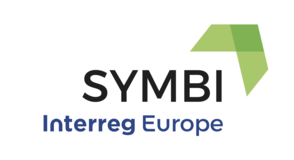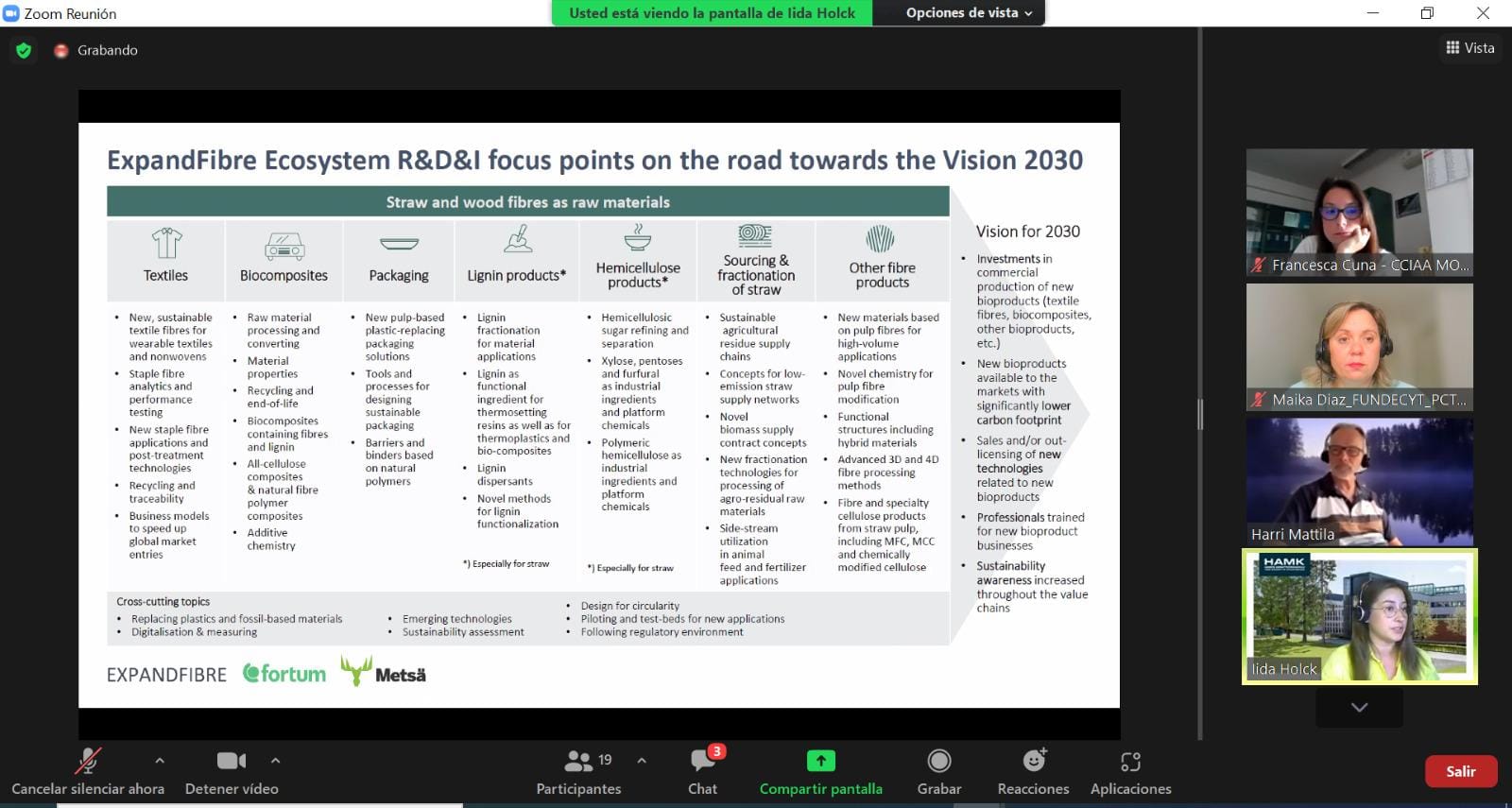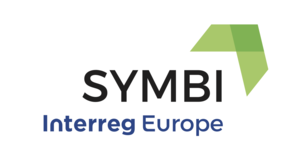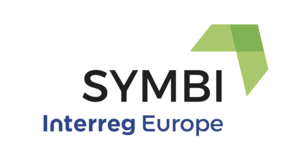The workshop "Reporting and certification systems for industrial symbiosis", organized, in Isernia, Italy, at the Council Chamber of Palazzo San Francesco, seat of the ancient Town Hall, on 29 September 2022. The workshop, which involved both in-person and remotely attendees, brought the partnership together to discuss IS reporting and certification systems already implemented in partnership territories, policy solutions and best practices and explore cooperation opportunities fostering Industrial Symbiosis.
The interregional workshop on “Reporting and certification systems for IS” concluded the thematic activities of the project after 6 years of implementation. The findings of the workshop will be used as a baseline to further elaborate on the new knowledge acquired and address policy gaps in order to support IS and align territorial policies with the circular economy package of the European Commission (EC).
Scope and objectives
IS Reporting represents a potential mechanism to generate data and measure progress and the contribution of organizations towards sustainable development objectives. Through reporting, IS companies can communicate their performance and impacts on sustainability topics, spanning environmental, social and governance parameters. It enables IS companies to be more transparent about the risks and opportunities they face, to assess sustainability performance with respect to laws, norms, codes, performance standards and voluntary initiatives, to avoid publicized environmental failures and ensure transparency in the waste exchange process and quality of the secondary materials.
Reporting is for the most part a voluntary activity with two main goals: the documentation and assessment of an organization’s environmental and social impact and the communication of the organization’s sustainability efforts and progress to stakeholders. The steps to achieve the aforementioned goals are to: a) define performance goals and metrics, b) measure performance (data collection), and c) evaluate and manage performance.
Certification on the other hand, is an important and growing component of reporting and accountability. A certification is a confirmation that a product or a service meets defined criteria of a standard. International Standards Organisation (ISO) defines certification as: "any activity concerned with determining directly or indirectly that relevant requirements are fulfilled". It certifies that a management system, manufacturing process, service, IS performance or documentation procedure has all the requirements for standardization and quality assurance.
Certification can be applied to the products, components and materials circulating within the circular value-chain, in order to increase the level of confidence for industries and consumers re-using these resources. Specific technologies, methods, procedures and policies should be developed to define the scope, the mechanisms, the characterization contents and the outcomes of certification, along with the business requirements, for different product categories, materials and sectors.
Conclussions
The interregional workshop on IS Reporting and Certification Systems was successfully wrapped up, offering useful lessons to the partners and all participants to the event. During the first session dedicated to IS Reporting, two reporting schemes have been demonstrated. The first, called CircLean, is based on an impact reporting methodology which uses different metrics to assess the situation relevant to business, the community and the ecosystem before and after the implementation of IS. The second, used by the Italian Agency for New Technologies, Energy and Sustainable Economic Development (ENEA), is based on a network methodology which uses resource audit to trace potential streams and to suggest possible matches between businesses. Both systems attracted the interest of the participants and were found to be useful in further promoting and consolidating industrial symbiosis.
The second session focused on IS Certification systems. The emphasis was put on standards and the standardization process. The various stages of certification were outlined and the benefits of its stage were demonstrated. The standards of England, France and Italy as well as the International Standard were discussed.
During the third session, partners learned about a new system for evaluating the potential for implementing IS through the ISRL Matrix. Some case histories from the business world helped deepen the understanding of the increasing need for standards and certification.
Finally, the representatives of the Chamber of Commerce of Molise who were the organizers of the event summarized the conclusions of the workshop, which was considered successful by all the attendees.
More information about this event can be found in Library section





